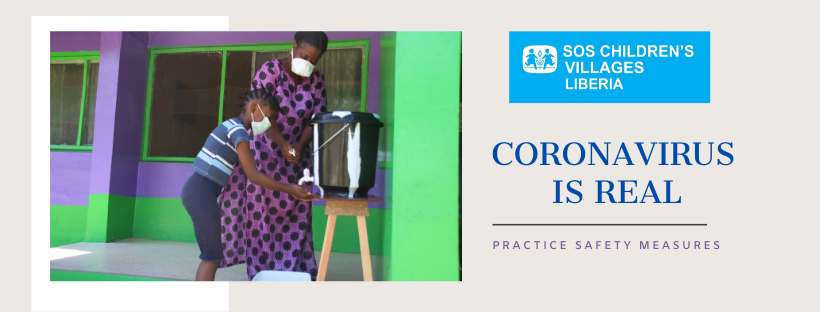
How to speak to your child about the coronavirus
Many young people are worried about the coronavirus, or COVID-19. Concerned parents and caregivers want to know how to inform their children without frightening them.
SOS Children’s Villages Austria runs a national hotline for children, young people and parents, and they’ve been receiving such questions. Birgit Satke, who leads the hotline team, offers some tips on how parents can best address the topic with their children.
- Don’t panic
People of all ages can get affected with the COVID-19 virus. Since it is a new type of virus, it is not yet possible to say exactly what the specific consequences will be for children. Explain to your child that the virus is usually not life threatening for healthy people. Precautions ensure that as few people as possible get infected.
- Age-appropriate information
Take your child’s worries and fears seriously. But exaggerated worry can increase fear in children. Therefore, explain to your children, in a way that is suitable for their age, how they could get infected by the virus and how best to protect yourself from it.
- Hygiene measures
Teach your child appropriate hygiene measures such as regularly and effectively washing the hands, coughing and sneezing in the bent elbows or in a handkerchief. Avoid direct contact with people who cough or sneeze.
- Use reputable sources
The more exaggerated reports are, the more worried you are – because fear is contagious. Therefore, stick to media that is known for presenting accurate information. Only present such information and sources to your child
- Take information breaks
Especially on social media, photos, advice and reports are often being shared that are completely false. This spreads a lot of false information, which in turn can increase the fear among your children.
- Be a role model
Children learn from their parent’s behavior. Reconsider your own use of media and how you deal with the situation. If you are constantly waiting for the latest news about infections or if you are permanently Googling for it, this does not being a good example for your child.
Source: SOS Children’s Villages International